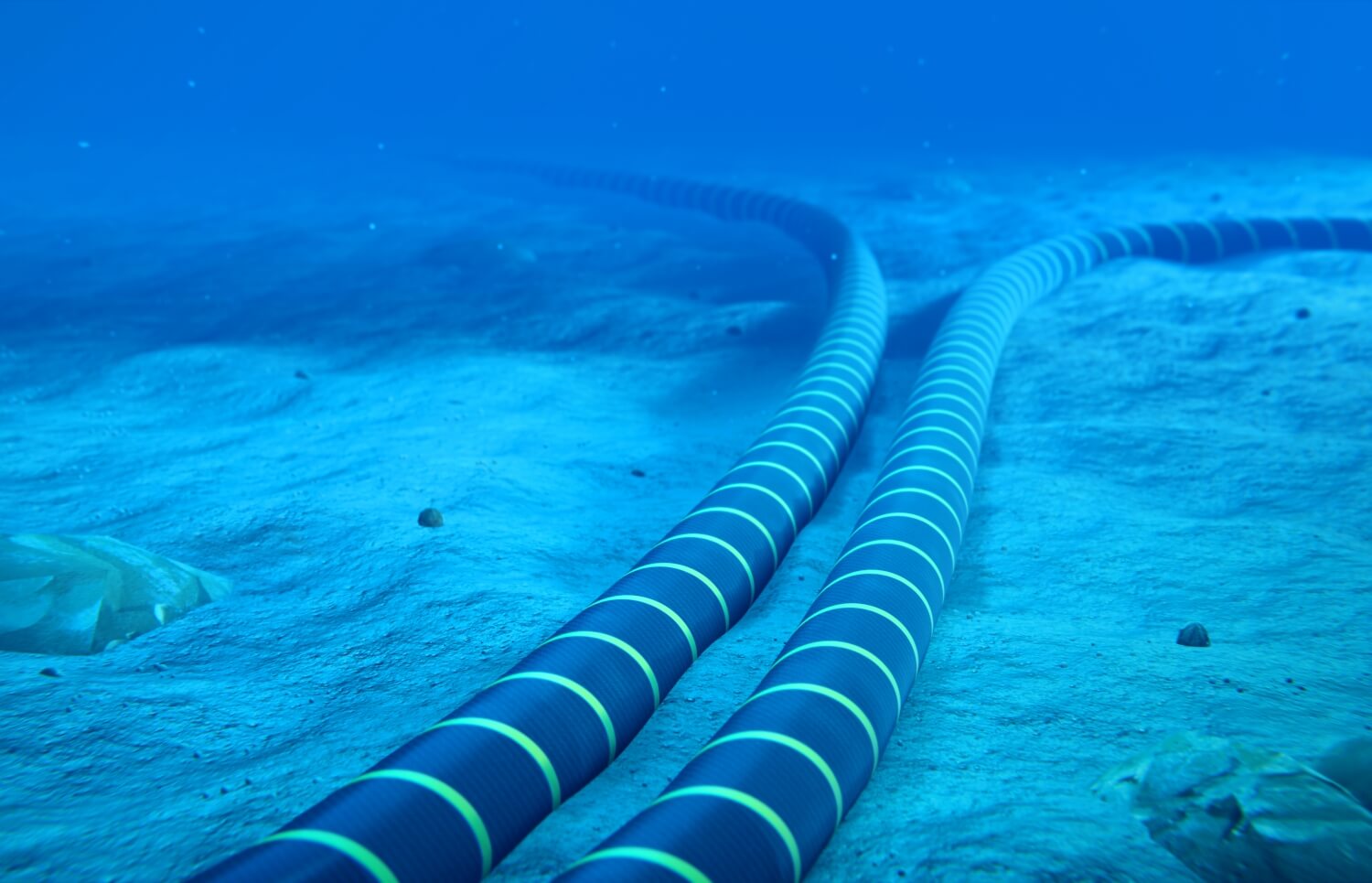The big picture: In this day and age of wireless communications, it'd seem like a pretty safe bet to assume that a large portion of international Internet traffic is handled wirelessly via satellites. The truth of the matter, however, is that a vast network of underwater network cables connects the US with other parts of the world and is responsible for 98 percent of international Internet traffic.
As society becomes increasingly reliant on the Internet, the importance of this critical infrastructure only gets magnified. It's why Google on Tuesday announced it is building a new private subsea cable to link the US with other parts of the world.
Google is partnering with subsea cable provider SubCom on the project, which is named Grace Hopper after the American computer scientist by the same name. Hopper, who died in 1992, was a pioneer in the field of computer programming. She is credited with creating one of the first compilers, which directly led to the development of the COBOL programming language.
SubCom has been in business since 1955 and has worked on more than 200 systems over the years.
The undersea cable will feature 16 fiber pairs (32 fibers) and provide Google with a direct route to the UK and Spain. According to the tech giant, it'll be the first submarine cable to implement optical fiber switching technology, allowing them to better route traffic during outages.
Google and SubCom anticipate completing work on the Grace Hopper cable in 2022.
Masthead credit: Vismar UK
